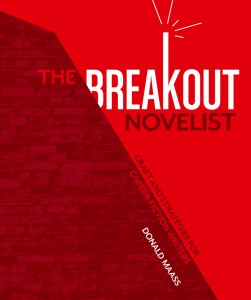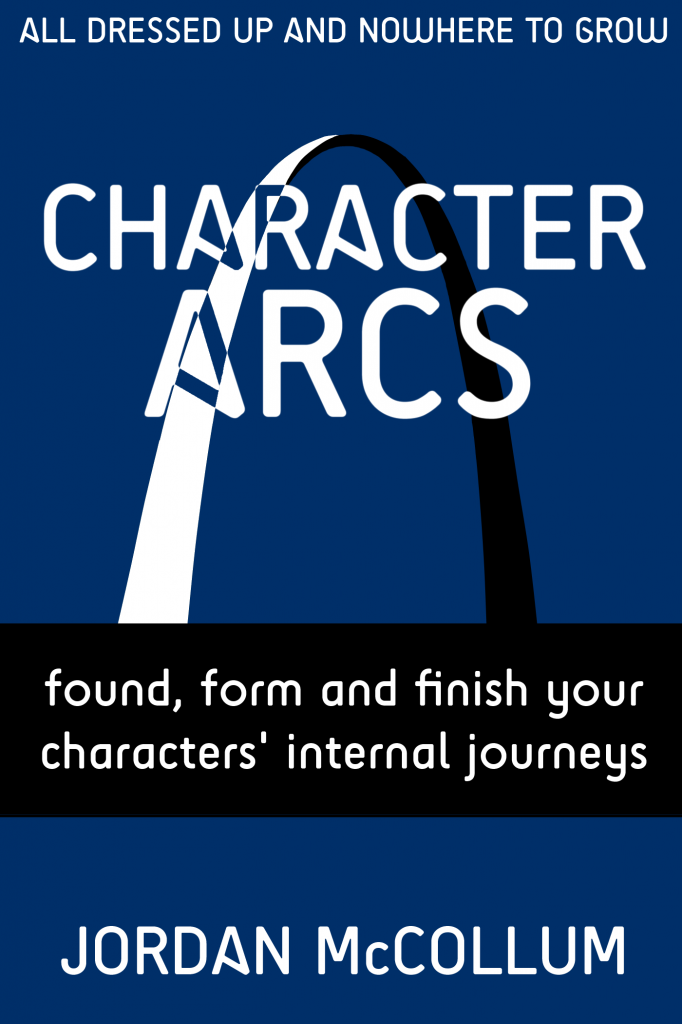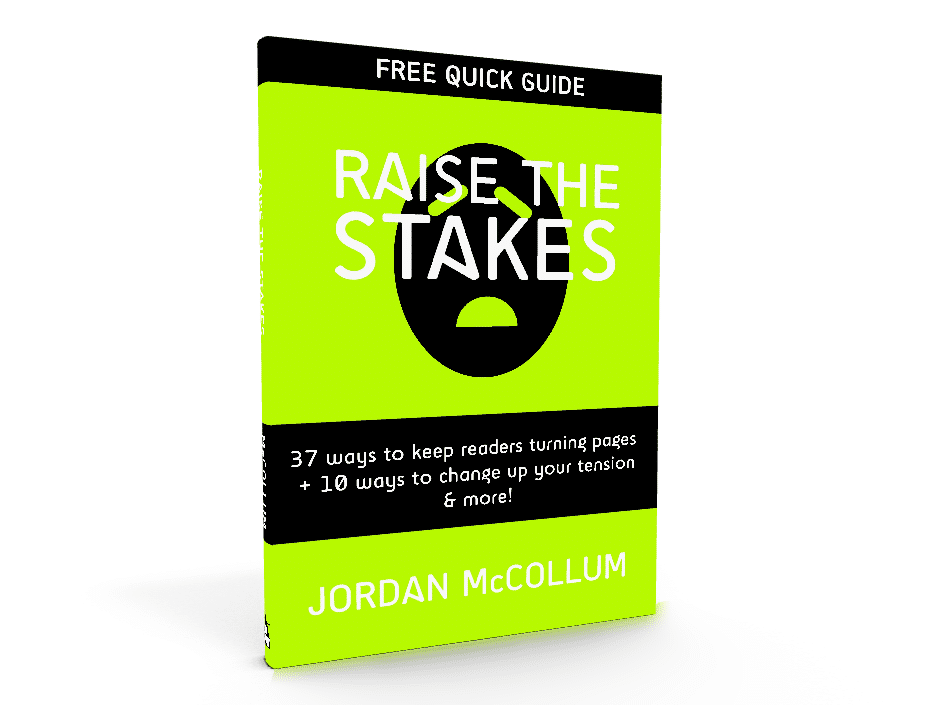Two years ago, I’d pretty much exhausted my local library of writing books that looked good, and I knew it was time to knuckle down and buy something. One of my favorite writing craft blogs often drew from two books: Stein On Writing by Sol Stein (which I absolutely cannot find in my house now :\ ) and Writing the Breakout Novel by Donald Maass. Both were great and well worth the money.
 Then for Christmas, I asked for and received The Fire in Fiction on my Kindle, and Writing the Breakout Novel Workbook in paper. All of these books have challenged me as a writer, helping me to focus my stories better, deepen my characters, better ground my story in its setting, and more.
Then for Christmas, I asked for and received The Fire in Fiction on my Kindle, and Writing the Breakout Novel Workbook in paper. All of these books have challenged me as a writer, helping me to focus my stories better, deepen my characters, better ground my story in its setting, and more.
So I was very excited to accept a free copy of Maass’s latest, The Breakout Novelist.
The Breakout Novelist is a combination of some of the best material (albeit slightly abridged) from Maass’s first three books (the above two, plus The Career Novelist, which I downloaded as a free PDF from his site when it was posted there a while ago, but haven’t gotten around to yet).
Naturally, since the source material is good, the result is good. Probably my favorite feature is that all the exercises from the end of each chapter in the first two books have been compiled into two sections of 20+ pages. My other favorite: the book is a hardbound spiral, so it lays flat (I like to read while eating, so this is great!).
I think that it’s probably still good to read the full Writing the Breakout Novel and Fire in Fiction, but The Breakout Novelist is great to keep on hand as a refresher course for each book—and that’s how I’m going to use it. I’m also looking forward to Maass’s posts on writing beautifully at Writer Unboxed.
I received a copy of The Breakout Novelist free for review. However, publishing this review is my choice.









